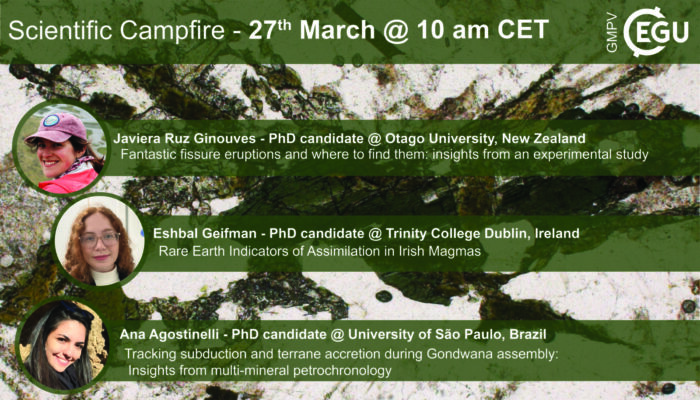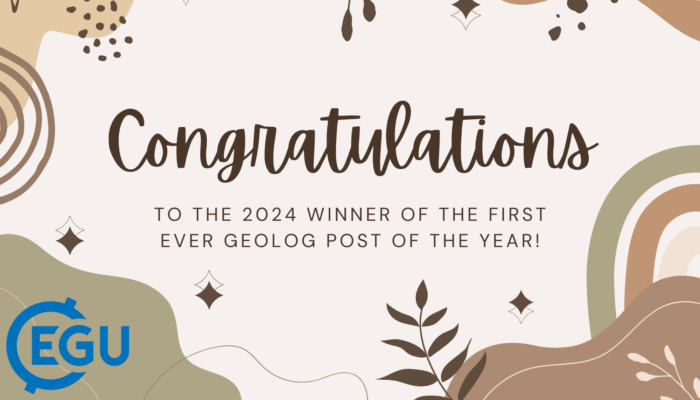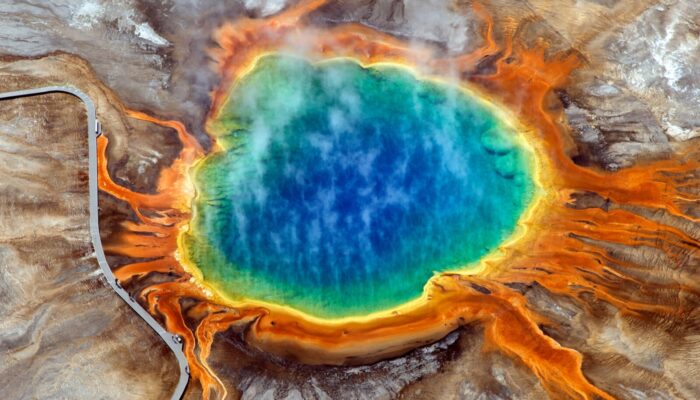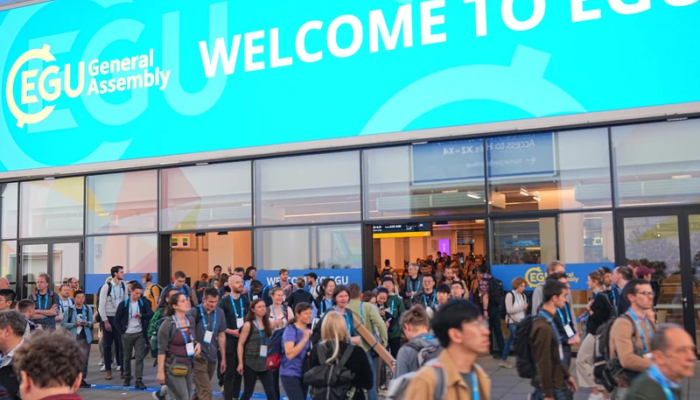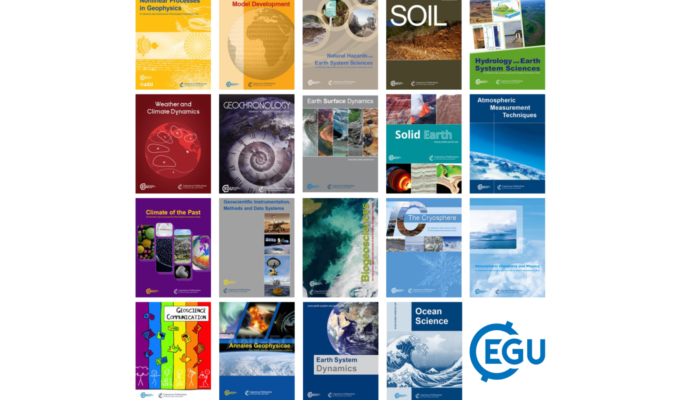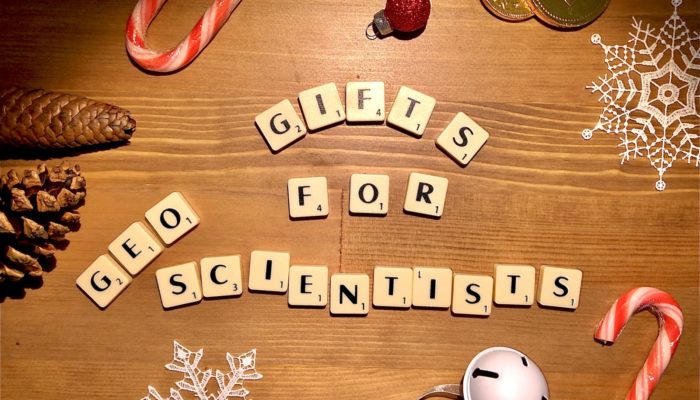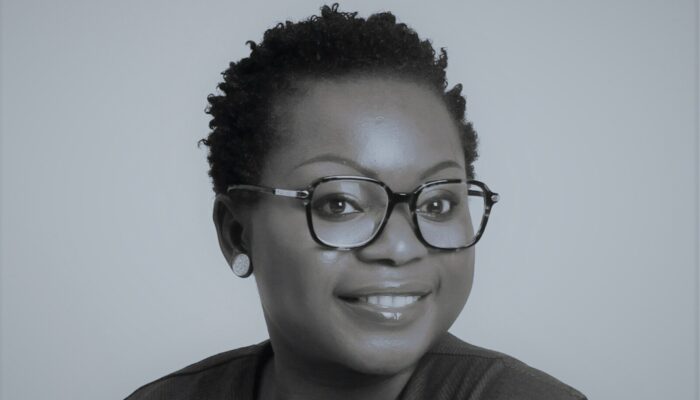This year marks the 20th anniversary of the EGU Geomorphology Division (GM). Many of us have found community, experienced our first conference presentation, and furthered our careers through GM. GM has grown to be mid-sized for EGU standards with ~700 abstracts submitted in 2024 – but we had to start somewhere. I spoke with GM’s creator and first president, Colin Stark (National Taiwan University) ...[Read More]
If you didn't find what you was looking for try searching again.
Geochemistry, Mineralogy, Petrology & Volcanology
EGU GMPV ECS Campfires – Thursday March 27th @ 10am CET
The fourth edition of the Geochemistry, Mineralogy, Petrology and Volcanology Campfires of the 2024/2025 season will take place on Thursday March 27th at 10am CET on Zoom. This edition will be a Scientific Campfire, during which three Early Career Scientists will present their work to the community. Our speakers for this edition are: Javiera Ruz Ginouves, PhD student @ the Geology Departmen ...[Read More]
GeoLog
Congratulations to the 2024 winner of the first ever Geolog post of the year!
At EGU, we’re always looking for new ways to celebrate and amplify the voices of our community. That’s why I am thrilled to introduce the Geolog Top Blog Post of the Year Competition—a new initiative where we recognise the most impactful and engaging post from the past year. For our very first edition in 2024, we selected the top five performing blog posts and held an internal vote within the EGU ...[Read More]
Geochemistry, Mineralogy, Petrology & Volcanology
EGU Webinar Alert! “Careers inside and outside of academia: Panel Discussion”
We are delighted to invite you to the upcoming EGU webinar, “Careers Inside and Outside of Academia: Panel Discussion,” scheduled for Tuesday, 11 March 2025, at 16:00 CET. Secure your spot by registering through the following link: Registration Link. If you are struggling to navigate the choice between academic and non-academic jobs, you are not alone. While many challenges related to ...[Read More]
Geomorphology
Highlighting EGU 2025 General Assembly Geomorphology Sessions
This blog post is part of our series: “Highlights” for which we’re accepting contributions! Please contact one of the GM blog editors, Emily (eb2043@cam.ac.uk) or Emma (elodes@asu.edu), if you’d like to contribute on this topic or others. Here at the EGU Geomorphology Division Blog, we’re starting up the New Year with a look forward to the highlight of our annual calendar: the EGU General Assembl ...[Read More]
GeoLog
GeoRoundup: the highlights of EGU Journals published during December!
Each month we feature specific Divisions of EGU and during the monthly GeoRoundup we put the journals that publish science from those Divisions at the top of the Highlights section. For December, the divisions we are featuring are Cryospheric Sciences (CR) and Soil System Sciences (SSS). They are served by the journals: The Cryosphere (TC), SOIL , and Solid Earth (SE). Climate of the Past: Surface ...[Read More]
Geodesy
Geodesy Division Year In Review 2024
Hi EGU Community! We hope that you had some rest during the holidays and are ready for this new year ahead! With the last blog post of 2024, we want to look back at what happened in the G Division during the last year and give an outlook on what you can expect for the coming year! Looking back on 2024 Over the past year, we published a total of 19 blog posts. Many thanks to all the authors who con ...[Read More]
GeoLog
Top 5 Gifts for Geoscientists (2024 edition!)
The nights are growing darker and there is snow on the ground here in Munich as winter draws in, in the Northern Hemisphere, and at this time of year you are probably thinking about what gifts to get that special geoscientist in your life! We know sourcing appropriately nerdy and/or geology related gifts can sometimes be a challenge, so we in the EGU office are back again to help you out with our ...[Read More]
Cryospheric Sciences
Happy birthday to the Cryoblog!
The EGU Cryosphere Blog is now 10 years old: Happy Birthday! It all started in December 2014 with this blog post from Nanna Karlsson, and now counts 452 blog posts across 25 blog categories, including winning three Best EGU blog posts (2016, 2019 and 2021). 881 different (hash)tags were used in our blog posts, with way more counts on Antarctica and climate than the Arctic. Since the start, ...[Read More]
GeoLog
Moving the needle: Celebrating progress as a Black woman geoscientist in the UK
Ever since I was eight and fascinated by how rocks were formed, I dreamed of being a geoscientist. Growing up in Nigeria, I was captivated by rocks as nature’s storytellers—from how rivers shaped our landscapes to how oil could be extracted from deep beneath the Earth. This passion fueled my ambition to become a geoscientist as I pursued my bachelor’s, master’s, and eventually my ...[Read More]

![20 Years of GM [Part 2]: A conversation on change and progress with Geomorphology’s first and current presidents](https://blogs.egu.eu/divisions/gm/wp-content/blogs.dir/21/files/2025/04/GM-20th-anniv-banner-9-700x400.png)
